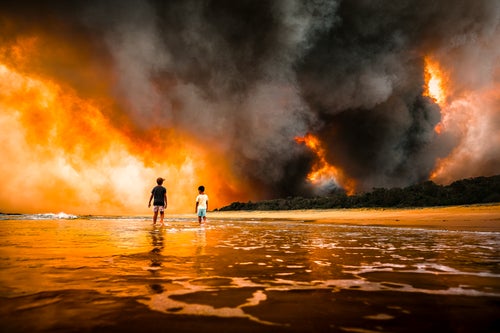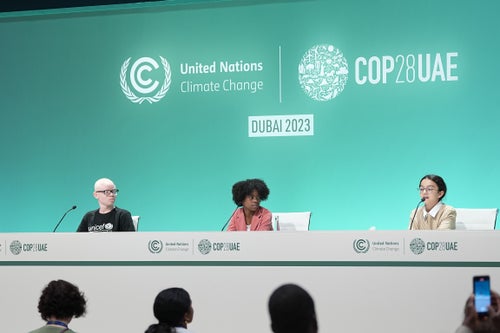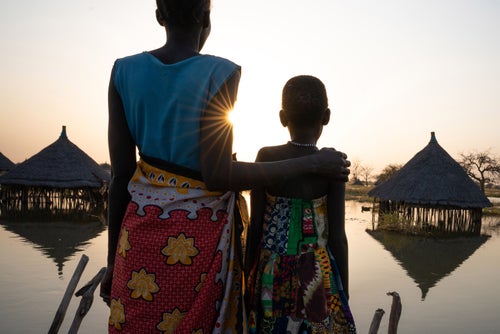When 88 young people from across New South Wales gathered at a Youth Drought Summit, they shared stories of hardship, of stress and of daily struggles.
Three years into a state-wide drought, they weren’t just frustrated by the lack of rainfall, they were disappointed by the absence of serious solutions to help prevent and ease the now dire situation.
For some, this is their first experience of drought. But for all, it won’t be their last.
“This drought came on fast and strong. We were only just beginning to recover from the Millennium Drought,” said Tameka O’Donnell, a 25-year-old Barkandji woman originally from Broken Hill.
“We have to ask, what, in concrete terms, was done in the meantime? What strategies, what water infrastructure? Unless we commit to long-term action, we will be having this conversation over and over again.”
"We were only just beginning to recover from the Millennium Drought."
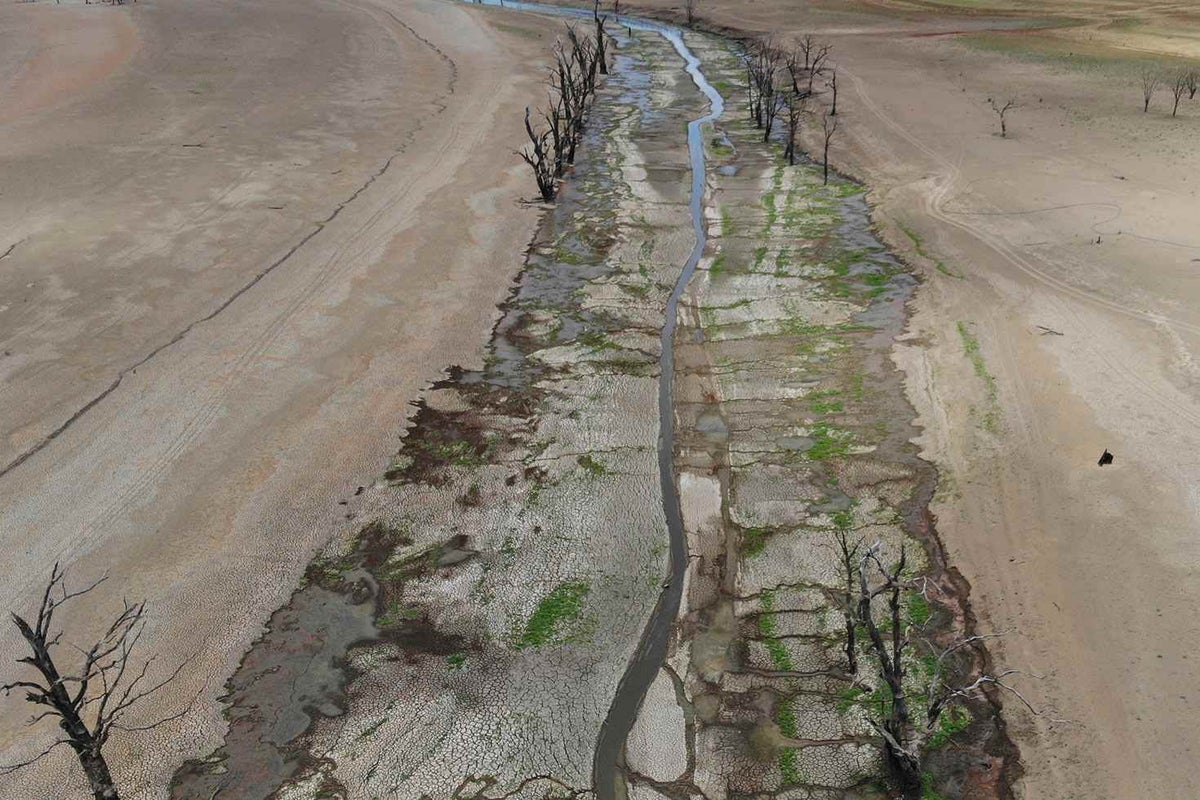
Like Tameka, the diverse group of young people travelled to Lake Macquarie last week to voice their solutions and to call for “future-proofing" for their communities.
They raised concern over the wellbeing of Aboriginal communities who are culturally and spiritually connected to water. They were also concerned about water security, healthy ecosystems, quality and accessible education, and the mental health of community members.
They offered a range of solutions - from recycled water infrastructure to a HECS-style payment for boarding students whose families are financially stressed due to the drought.
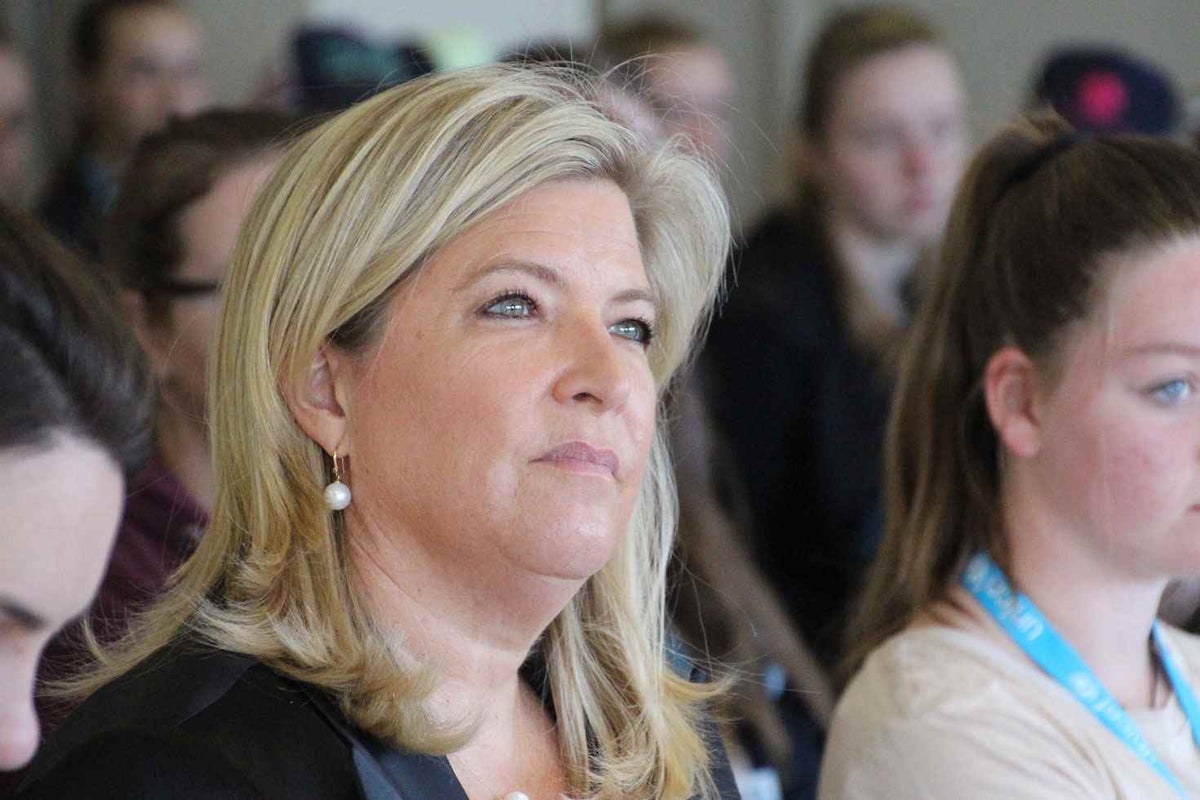
To fellow Australians, they asked for a greater understanding of regional communities; to understand and care about where their food on the kitchen table comes from, and to respect water-saving behaviours as the new norm.
"We need you, our fellow Australians to look past the Great Dividing Range at what is happening for young people who live with drought every day."
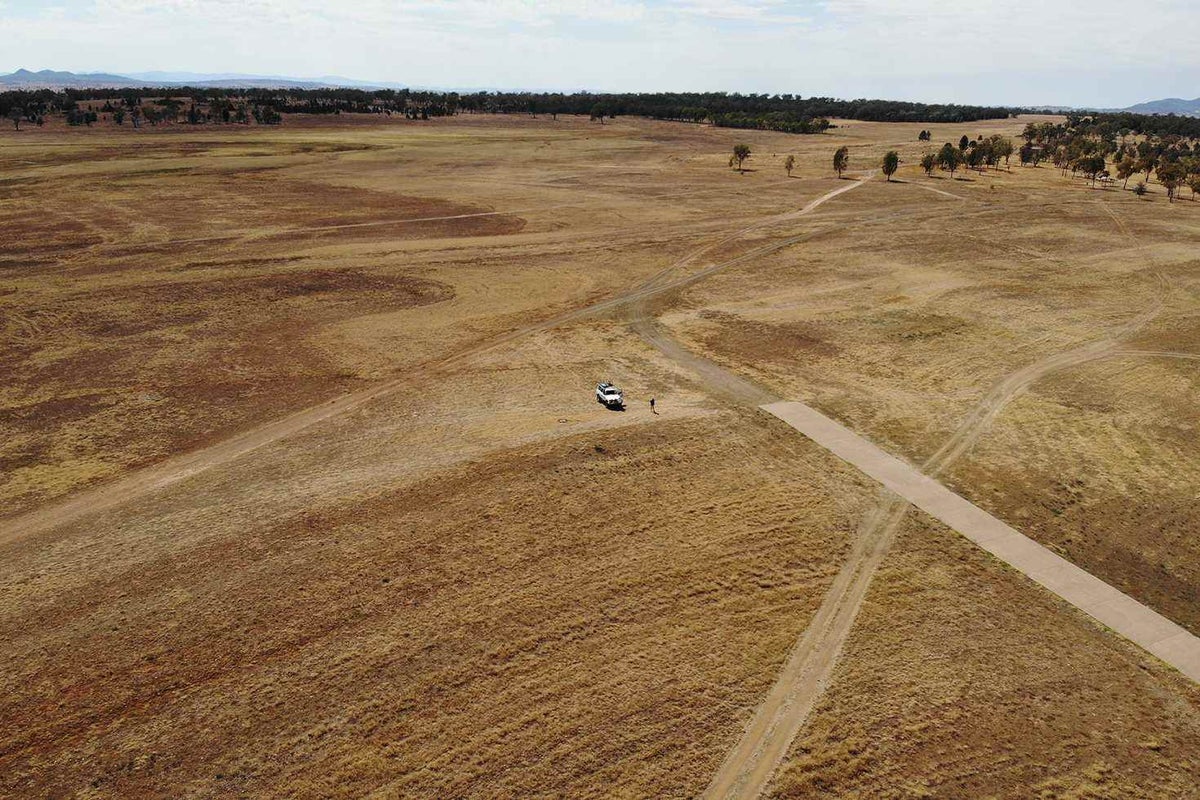
After three days of discussions, questions, and group activities, they presented their call to action to a panel of politicians and community leaders.
This is what they called for...
Aboriginal and Torres Strait Islander social and emotional wellbeing
We need Australia to understand the profound impact of drought on Aboriginal people and the importance of Aboriginal culture and our connection to country.
- A review of water rights and an agreement between the state government and Aboriginal communities, elders, and young people on joint management and planning.
- The protection and conservation of sacred sites and cultural practices, not only for the future of Aboriginal peoples but our country.
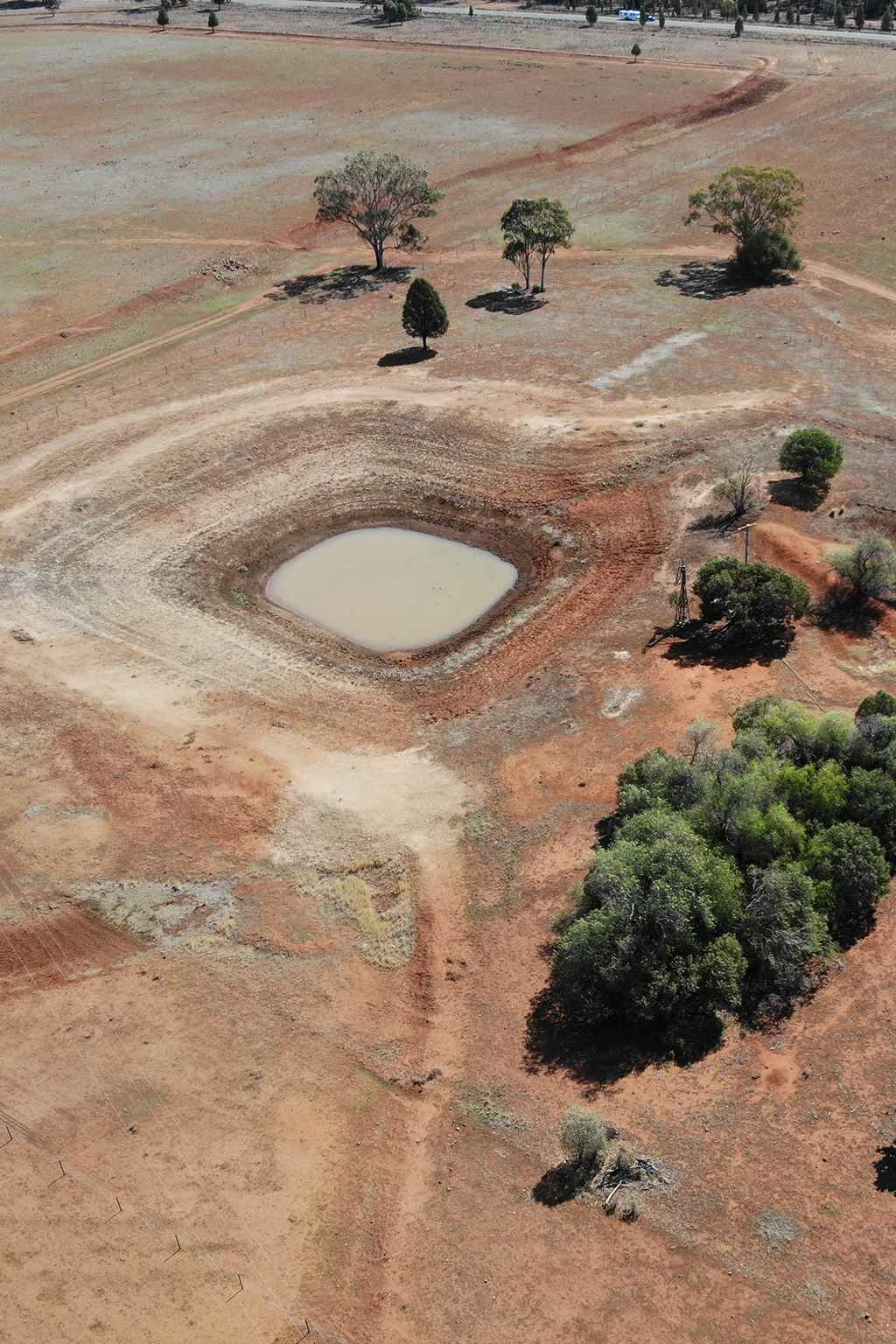
Decision-making
We are working hard alongside our parents, and our towns and communities to cope with drought. It is critical that we have formal channels to be involved in drought decision making.
- Regular access to relevant state and federal ministers. We need accountability, transparency and communication with stakeholder groups, and money spent where it’s needed most.
- We need to employ young people strategically as Youth Liaison Officers in the drought response - beyond just year-to-year contracts.

Mental health
Loneliness and isolation are a big part of our lives.
- Tailored, regional specific mental health strategies and specialised services.
- Mental health nurses and access to psychiatrists in every regional hospital - at no cost to the individual.
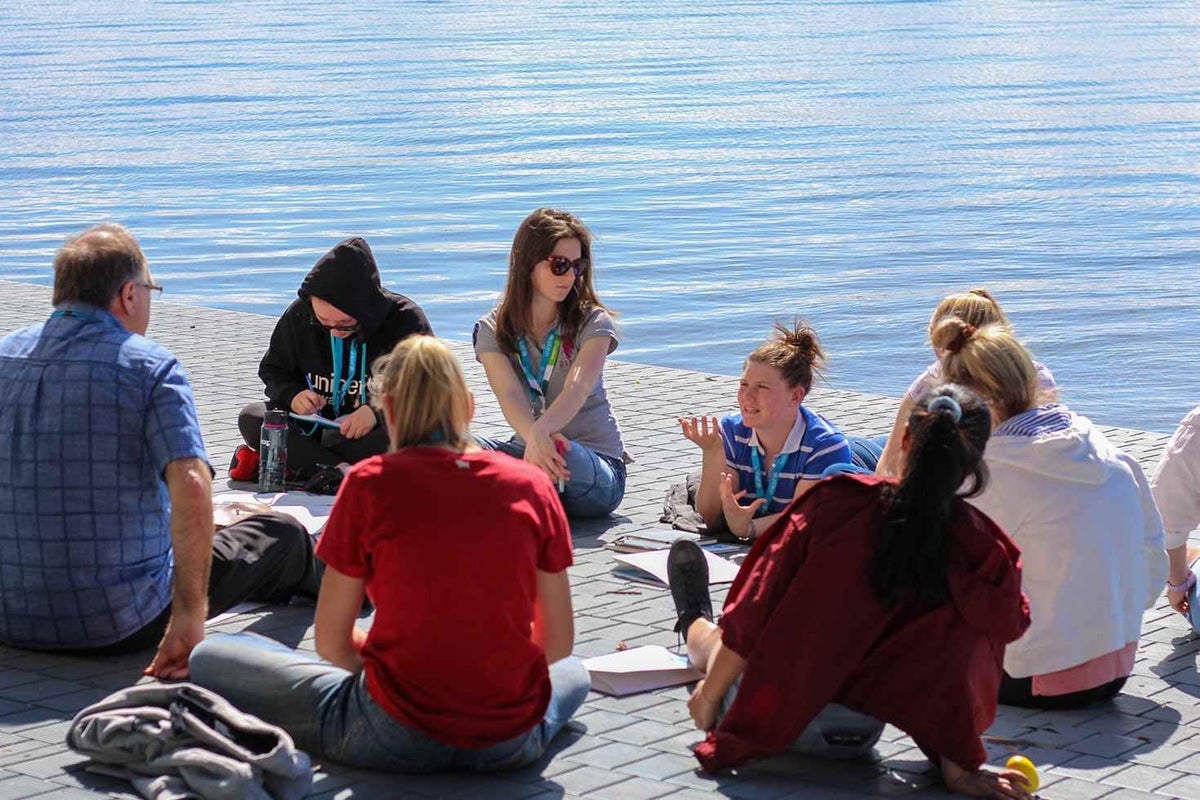
Families and financial stress
We constantly worry about our families.
- Australian governments consider a drought employment scheme - employing people across local communities to alleviate some of the worst aspects of drought.
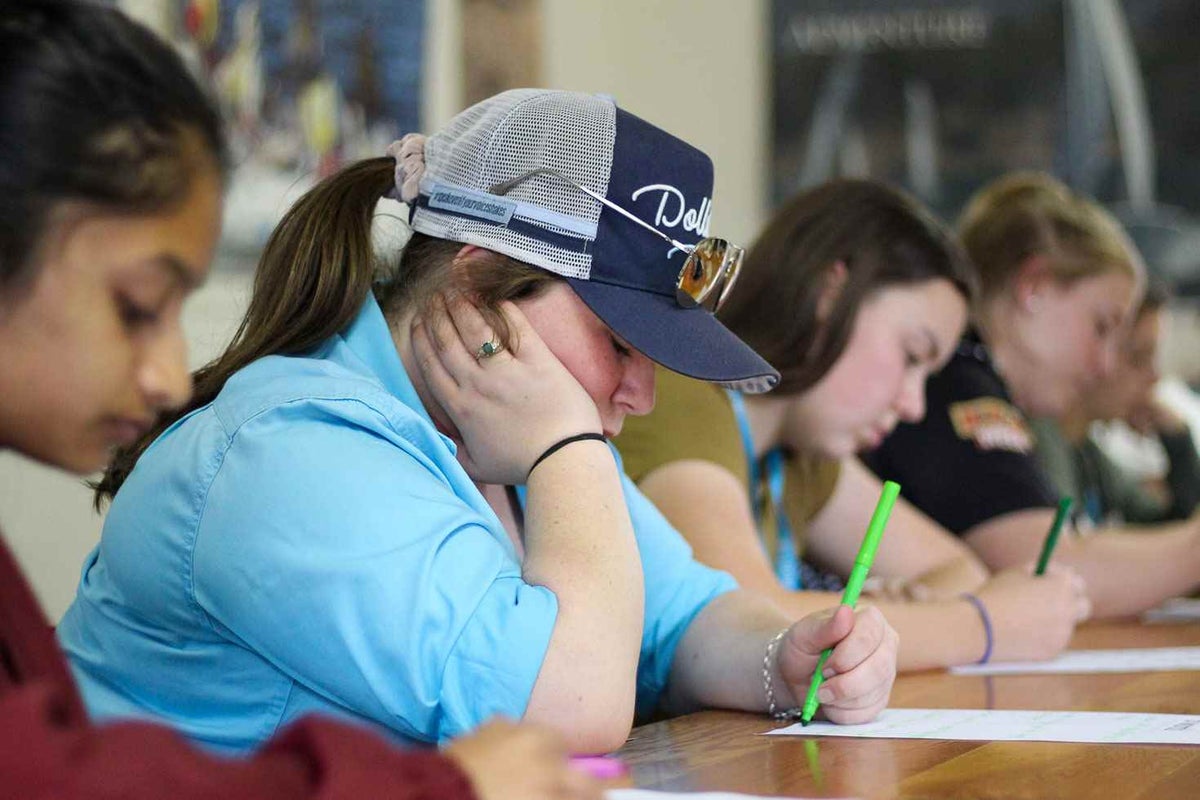
Education
Schools and their infrastructure can and should play a central role during a time of adversity - like prolonged drought.
- A HECS-style payment for high school students - with pay after school scheme so that education isn't disrupted during times of drought and subsequent financial stress.
- Local programs to foster understanding between regional, remote, and urban children.
- Research into transitional support arrangements for regional and remote students in city-based universities.
To read the Call to Action in detail, please see the full pdf document.
Related articles
Stay up-to-date on UNICEF's work in Australia and around the world













